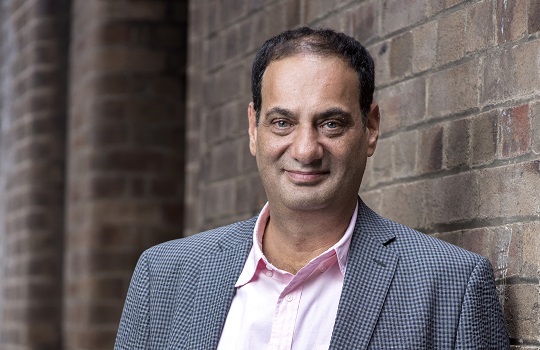
US investment portfolio fintech Acorns has been launched in Australia in a joint venture with Instreet Investments Limited.
US investment portfolio fintech Acorns has been launched in Australia in a joint venture with Instreet Investments Limited.
With the promise of “simplifying investing”, Acorns was formed by Jeff Cruttenden and his father Walter Cruttenden in a bid to “disrupt traditional stereotypes” of the investment industry by helping everyday investors overcome barriers to entry such as meeting minimum balance requirements.
The free mobile app will allow Australians to collate transactional data – rounding up expenses such as daily purchases to the nearest dollar – and then automatically invest the change into a diversified portfolio of exchange traded funds.
Users can select one of five custom, diversified portfolios that range from conservative to aggressive in terms of their risk appetite.

An example of Acorns’ conservative portfolio allocation
Acorns confirmed that information obtained by the app is stored securely on a remote server with data encryption to protect sensitive user information.
George Lucas, managing director of Acorns Australia, said that the fintech’s educational proposition meant that it would be attractive to younger users, particularly those with only basic knowledge about investing.
“The ethos behind Acorns is using technology to make it easier for people to save and invest,” he said.
“The app is … about levelling the playing field and opening the market up, particularly to younger generations. It is also about educating people about the benefits of regular small investments into the market.”
Australia becomes the first market to receive the Acorns app outside of the US, with the app recording over two million downloads in the US since July, 2014.
According to Lucas, Acorns is hoping to build on its “rapid success” in the US market, having already seen 26,000 sign ups throughout the Australian beta launch.
“There’s a real excitement about the app coming to Australia,” he said.
“[This is] largely due to the fact that it breaks down the barriers associated with investing such as high startup costs.”





